The Mekong Delta region, home to about 19 million people, accounting for about 21% of Vietnam's population, is the place that provides more than 90% of the country's rice exports and more than 60% of the country's seafood output.
In early 2020, the region suffered the worst drought and saltwater intrusion in history, surpassing the drought caused by El Nino in 2016. According to monitoring data, in the area about 68km inland from the river mouth, the salinity reached about 4‰, exceeding the threshold for cultivation of most rice varieties. Many provinces and cities faced a shortage of fresh water for daily life, while farmers "swallowed their tears" and watched their fields slowly die.
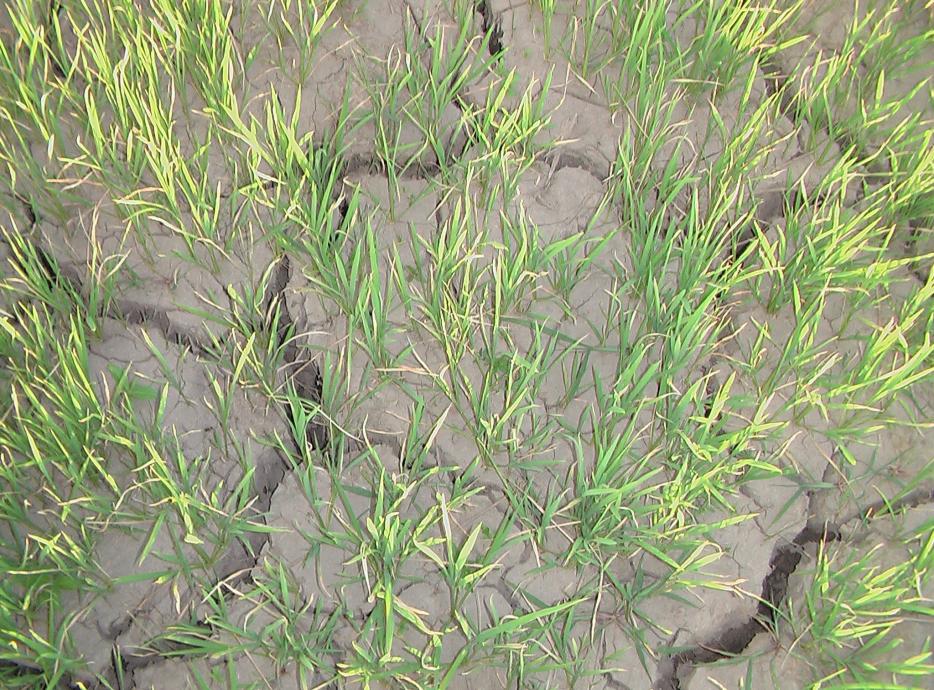
To mitigate the damage caused by climate change and extreme weather, the Gender-Responsible Agribusiness Investment and Entrepreneurship in Southeast Asia (GRAISEA) project has been implemented in five Mekong Delta provinces including: An Giang, Soc Trang, Bac Lieu, Kien Giang and Ca Mau.
The project focuses heavily on building resilience and resilience among smallholders. Following sustainable production standards and practices (such as SRP, ASC, and Organic standards), farmers are trained to use fewer inputs while generating higher profits. Reducing dependence on inputs increases farmers’ long-term resilience to climate change. Farmers are also introduced to and adapted to harsh farming conditions such as water and resource scarcity.
One of GRAISEA’s key interventions is to conduct Risk and Vulnerability Assessment planning with cooperatives and businesses. This activity not only raises their awareness of climate variability, but also helps smallholders develop risk scenarios and response plans. Specifically, farmers will use the historic drought of 2015-2016 as a benchmark to identify rice fields and shrimp ponds that are likely to be affected, thereby adjusting their planting and stocking practices. In 2020, shrimp farmers in Ca Mau only released 38% of the amount of shrimp seed compared to last year. Controlling input materials, minimizing risks and minimizing losses.
Intensive shrimp farmers have also temporarily converted some of their ponds to extensive farming. Although the revenue is only 30% of that of a bumper intensive season, extensive ponds do not require much investment and still generate income for farmers, when the intensive ponds are unfortunately at risk.
In addition, through the project, farmers in the Mekong Delta have learned how to diversify their livelihoods and income sources. For shrimp harvests that do not meet export quality standards, they will make dried shrimp or shrimp crackers. Even when the market is stable, households still raise crabs as a precaution. In typical successful models, several shrimp species are raised simultaneously, serving both domestic and international markets.
GRAISEA has advised and supported smallholder producers in implementing business initiatives to diversify their livelihoods and sell additional value-added products. The project also supports women-led initiatives that enhance their role in the family and community and provide them with opportunities to supplement their family income.
In addition, GRAISEA has responded to the establishment of a risk reserve fund with joint contributions from cooperatives and partner enterprises. The fund supports small producers who are most affected by the crisis, mainly single women or families where women are the economic pillars. Technical and financial support will help them recover faster when the economy enters the new normal phase.
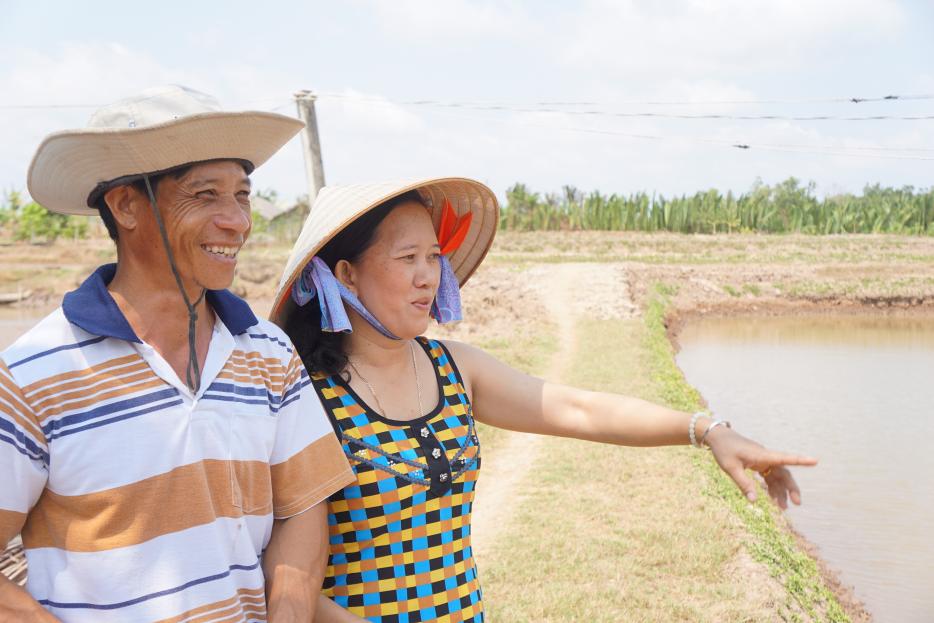
Over 5 years of implementation (2018 - 2023), through practical activities, the project has contributed to improving the quality of life of small-scale farmers in the provinces of An Giang, Soc Trang, Bac Lieu, Kien Giang and Ca Mau.
Thanks to the project, 4,468 smallholder producers (over 55% women) have better incomes and positions in agricultural production and business. 58 Cooperatives produce according to sustainable standards, improving production, business and governance efficiency...
Through the project, it can be seen that encouraging flexible and diversified production models can help farmers adapt to climate change in the Mekong Delta region. Besides, it helps farmers to be more proactive and flexible in diversifying their livelihoods and income sources.
Ngoc Chau










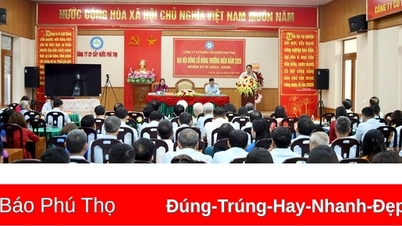

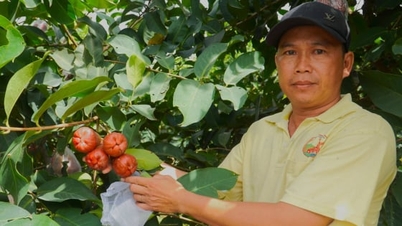



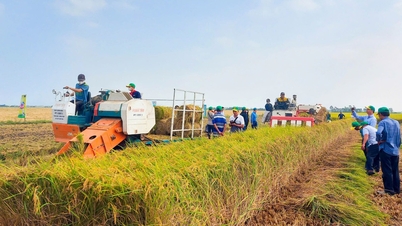

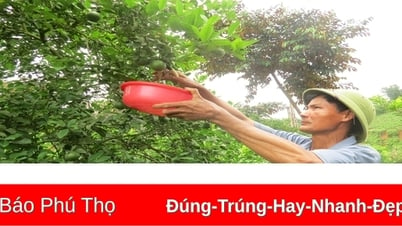








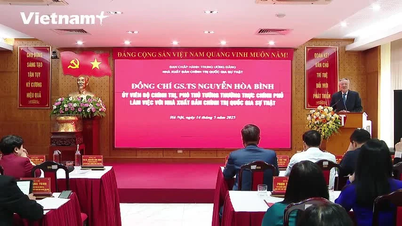







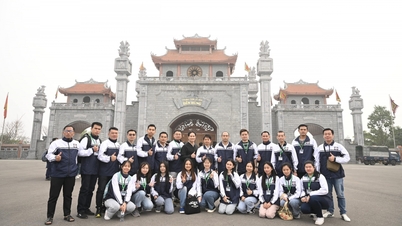
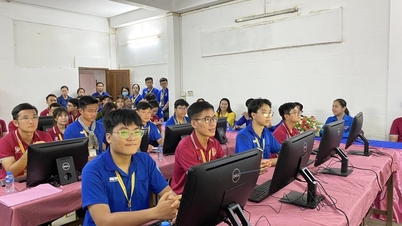

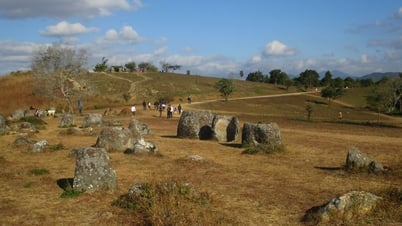
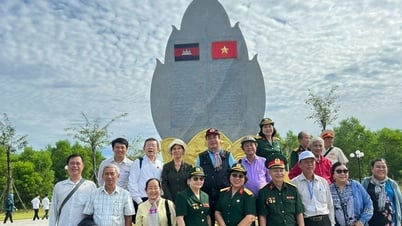
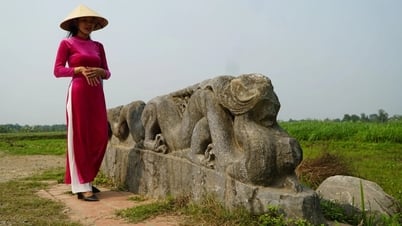

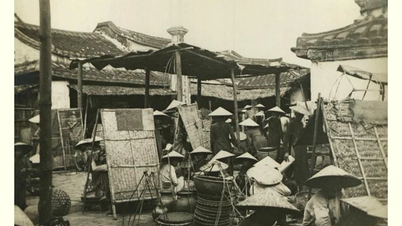











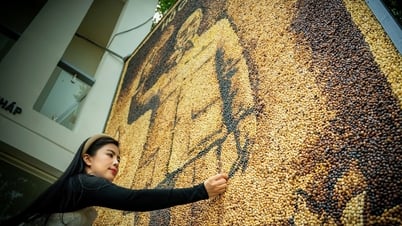















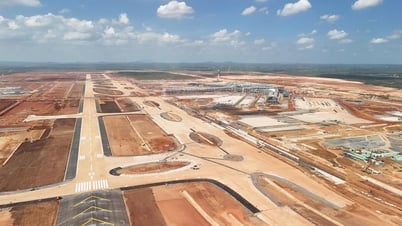




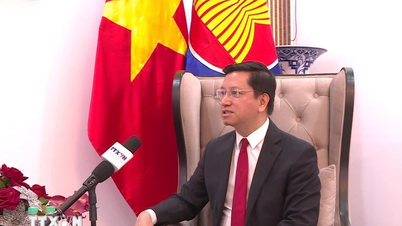
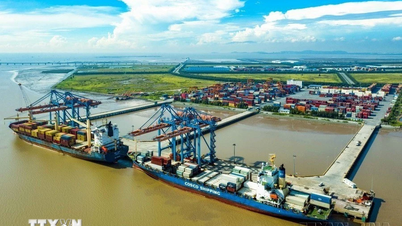
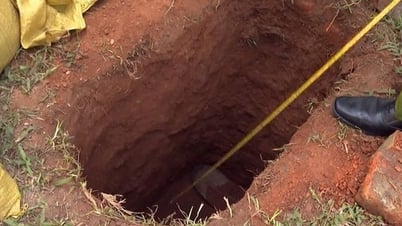


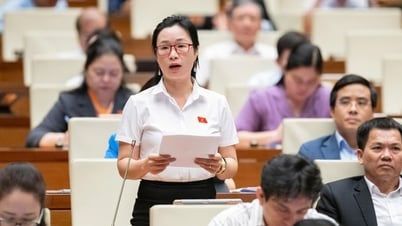





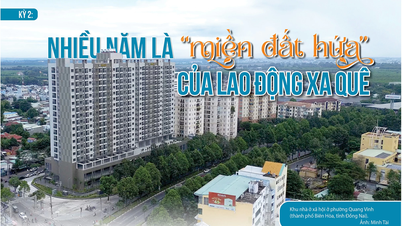



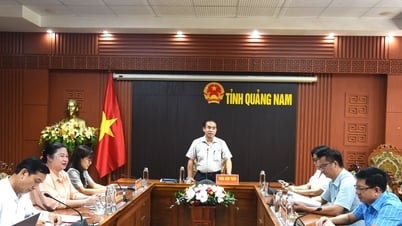
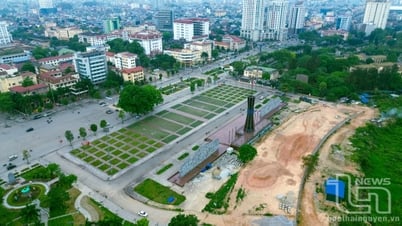



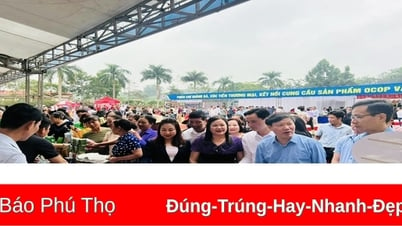









Comment (0)